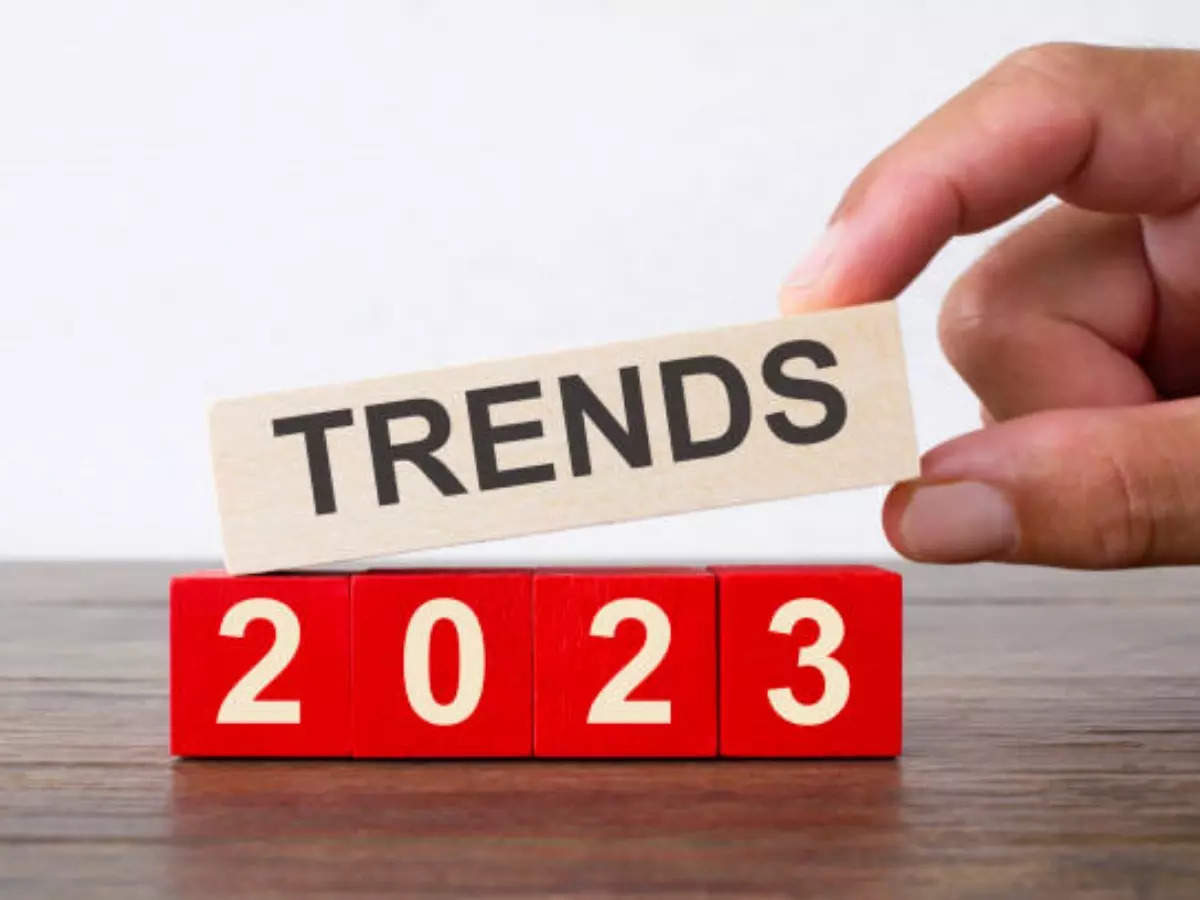 Representative image
Representative imageB2B marketing has been undergoing gradual change with tech infusion and 2023 will only accelerate the pace of change. Marketers need to prepare for these trends if they want to come out on top. Here are some trends we can expect to see in the B2B marketing space.
- Increased focus on personalisation: With the growing availability of data and advanced technologies such as the use of artificial intelligence, B2B marketers will be able to create more personalized experiences for their target customers. The use of AI is expected to grow 21% on an annual basis until 2025. For example, content customization, messaging and advertising will all be done to meet the individual buyer personas.
- Greater use of account-based marketing (ABM): ABM will continue to gain popularity among B2B marketers, as it enables them to focus on high-value accounts and deliver tailored experiences to decision-makers within those accounts.
- More adoption of virtual reality and augmented reality: As metaverse gathers momentum in several industries, B2B marketers will increasingly use virtual and augmented reality to create immersive experiences for their audiences. Virtual product demos and trade show experiences are already picking up. Product manufacturing and quality processes will soon be explored by buyers in the metaverse.
- Increased emphasis on sustainability: Industrial customers are becoming more environmentally conscious, and B2B companies are following suit. In 2023, marketers will have to bring more focus on communicating their company’s sustainability efforts and showcasing how their products and services are environmentally friendly. They may want to show how less carbon footprint they leave.
- Greater use of conversational marketing: Conversational marketing involves using chatbots and messaging apps to engage with prospects and customers in real-time. As consumers become more accustomed to messaging-based communication, B2B marketers may have to turn more into conversational marketing to deliver positive experiences and increase engagement.
- Increased use of video content: Video continues to be a highly effective medium for all marketing. This year, B2B marketers will produce more video content for product demos, customer testimonials, and educational content.
- Emphasis on social media marketing: Social media platforms are becoming increasingly popular for B2B marketers. More and more B2B marketers will focus on creating engaging social media content and leveraging social media influencers to reach their target audiences.
As a B2B marketer, if you have to shine in 2023 with the changes in this landscape, you may want to embrace some of the following actions: Start by investing in personalization tools. By leveraging data and advanced technologies like AI, B2B marketers can create more personalized experiences for target customers. Campaigns and content tailored to address the pain points of customers and prospects can be created for improved impact and conversion rates. They can also create customized offers and solutions that meet the unique needs of each customer.
Next, build stronger systems and processes for account-based marketing. ABM has been used as an effective strategy for targeting high-value accounts and has delivered results for those who have done it right. To succeed in this, marketers need to build more to deliver unique experiences to decision-makers within those accounts. Pilot new techniques on a select group of accounts, and learn how to improve their ROI.
Third, plan to embrace more immersive technology. Metaverse, AR, VR and the like are becoming increasingly popular for businesses in the B2B sector. Plan to create in partnership with metaverse players more and more immersive experiences for the audience if you want to create meaningful differentiation from competitors and capture the attention of prospects and customers.
Fourth, communicate sustainability efforts. As companies become more environmentally conscious, it is imperative that sustainable marketing is practiced by B2B companies. Build trust and appeal to the values of your target audience by demonstrating your commitment to sustainable efforts. It’s easier said than done since the organization has to tweak their processes in other functions to start claiming this.
Fifth, leverage conversational marketing. Just as B2C marketers are doing, adapt to chatbots and messaging apps to engage with your prospects in real-time. This can help deliver personalized experiences and increase engagement, while also streamlining the customer journey and reducing friction in the sales process.
Sixth, create more video content. Video content is a highly effective medium to reach out to the instant gratification generation of customers who prefer quick bytes instead of short reads. Produce more video content to increase engagement, increase brand awareness, and drive more leads and conversions.
Finally, optimizing social media marketing activities. Create engaging social media content and engage with prospects with or without influencer marketing techniques. Many companies have built brand awareness and engaging conversations in the virtual space leading to better business growth in the B2B. Don’t forget to measure and monitor the efforts.
Views expressed are personal.


